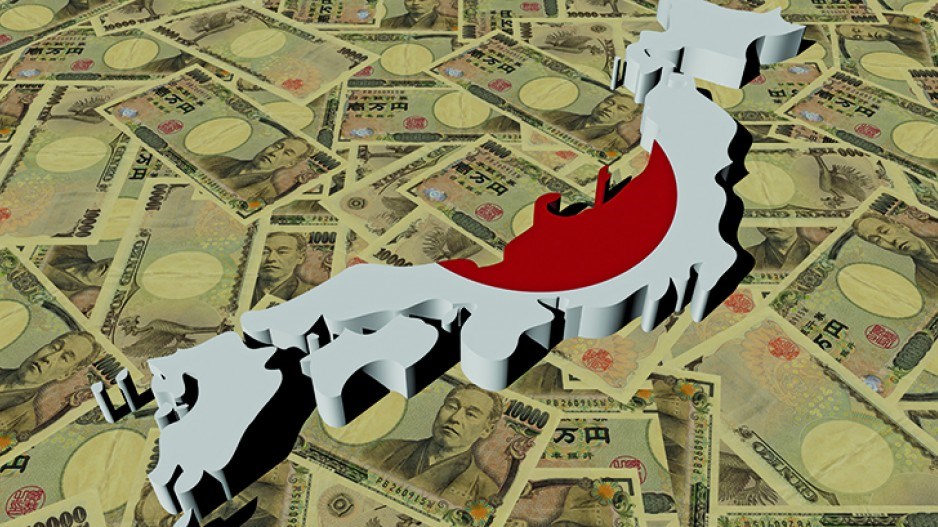Japanese Prime Minister Shinzo Abe will continue to face domestic resistance to his economic reform and restructuring plans despite his widely expected election victory last week that gives him unassailable control of parliament.
His problem will continue to be objections by sections of the public and powerful special interest groups to his plans to revive the stagnant economy by demolishing protectionist barriers. These groups can be expected to put the brakes on reform in spite of Abe’s political dominance.
Abe called the snap election to get a renewed public mandate for his “Abenomics” economic reform program, which started with lavish public spending, devaluation of the currency and the injection of moderate inflation. But these failed to produce the economic bounce that Abe hoped for. The economy has slipped back into recession, and he has postponed a planned sales tax increase until 2017.
He will undoubtedly interpret the election results, which give his Liberal Democratic Party (LDP) 291 seats and his Komeito 35 seats in the 475-seat lower house of parliament, as public backing to press ahead with the most difficult parts of his program: deregulation and structural reforms. However, the lowest voter turnout in any election since the Second World War indicates public ambivalence.
Next on Abe’s list is accelerating the creation of a more flexible labour market, which for decades has been dominated by a jobs-for-life culture. Already the portion of the labour force that has no job security of benefits enjoyed by regular full-time workers has reached 35%. Trade unions will continue to resist these developments, perhaps with the backing of the Japanese Communist Party, which unlike other opposition groups nearly tripled its parliamentary seats in the election.
Of direct interest to Canada will be whether Abe now feels confident enough to make concessions in the Trans-Pacific Partnership (TPP) negotiations dealing with agricultural products. The negotiations on the free trade agreement, which include Canada, Japan, the United States and nine other Pacific Rim countries, have stalled over a handful of issues, but a key one is resistance in Japan to opening up its agricultural sector to overseas competition. Japanese farmers are a dying breed. Almost all are over 60 years old, their land holdings are tiny and they function on a diet of subsidies and protective tariffs. Japanese agriculture needs farm amalgamation and commercialization in order to survive. But rural constituencies are over-represented in parliament, especially among Abe’s LDP.
Abe’s leadership of the LDP, which will come up for review next September, is probably secure on the back of his election win. So he may well feel confident enough to defy his backbenchers and press for agriculture reform, perhaps using the TPP talks as a catalyst.
Until now, Abe’s reform program has not caught the enthusiasm of Japan’s cash-heavy businesses and investors. Businesses have remained reluctant to expand their operations, and the quarterly “tankan” survey of business confidence published by the Bank of Japan last Monday showed a slight deterioration in the outlook for the coming months. The business community anticipates rising costs and insipid consumer demand.
Although Abe declared after the election results were announced that the economy is his priority, he has other items on his agenda that will affect the political and business climates in Japan and Asia.
The Abe government wants to restart upgraded nuclear generation plants, idled since the March 2011 Fukushima disaster, and which produced 30% of the country’s electricity. Even though the economic arguments for restarting the system are compelling, there is much public objection to the plans.
There are more broad implications in Abe’s desire to amend Japan’s constitution to remove or significantly diminish the importance of its pacifist Article 9. The aim is to allow Tokyo to play a greater military role with the U.S. and Asian allies. But it will exacerbate the already tense relations with Beijing, which sees the move as a challenge to China’s desire to be the pre-eminent power in Asia.
Jonathan Manthorpe ([email protected]) has been an international affairs columnist for nearly 40 years.




